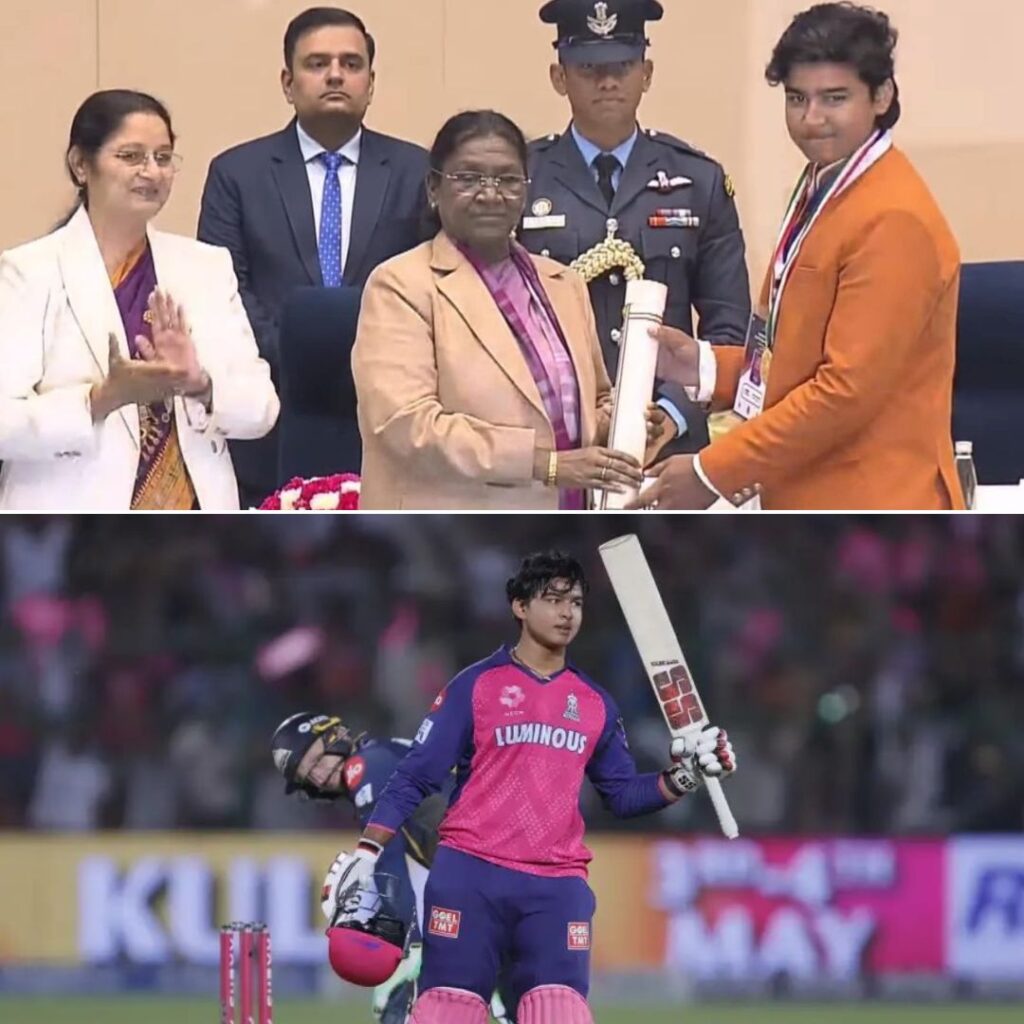In the wake of the ongoing Black Lives Matter movement, the Indian unit of Unilever on Thursday said that it will stop using the word ‘fair’ in its ‘Fair & Lovely’ range of products, which have been under the scanner for promoting stereotypes against those with darker skin tone.
‘We are making our skin care portfolio more inclusive … a more diverse portrayal of beauty,’ Hindustan Unilever Chairman Sanjiv Mehta said in a statement.
Several cosmetics companies have witnessed massive criticism on social media amid rising protests against racism across the world.
Products that promise skin lightening have a huge market in South Asia because of a deep-rooted societal obsession with fairer skin tones.
‘We recognise that the use of the words fair, white and light suggest a singular ideal of beauty that we don’t think is right, and we want to address this,’ Sunny Jain, Unilever’s president of its beauty and personal care division, said.
Hindustan Unilever has also said that the ‘Fair & Lovely’ brand name change is subject to regulatory approvals and the company has not announced the brand’s new name as of now, The Hindu reported.
Recently, Johnson & Johnson also said that it would stop selling skin-whitening creams.











